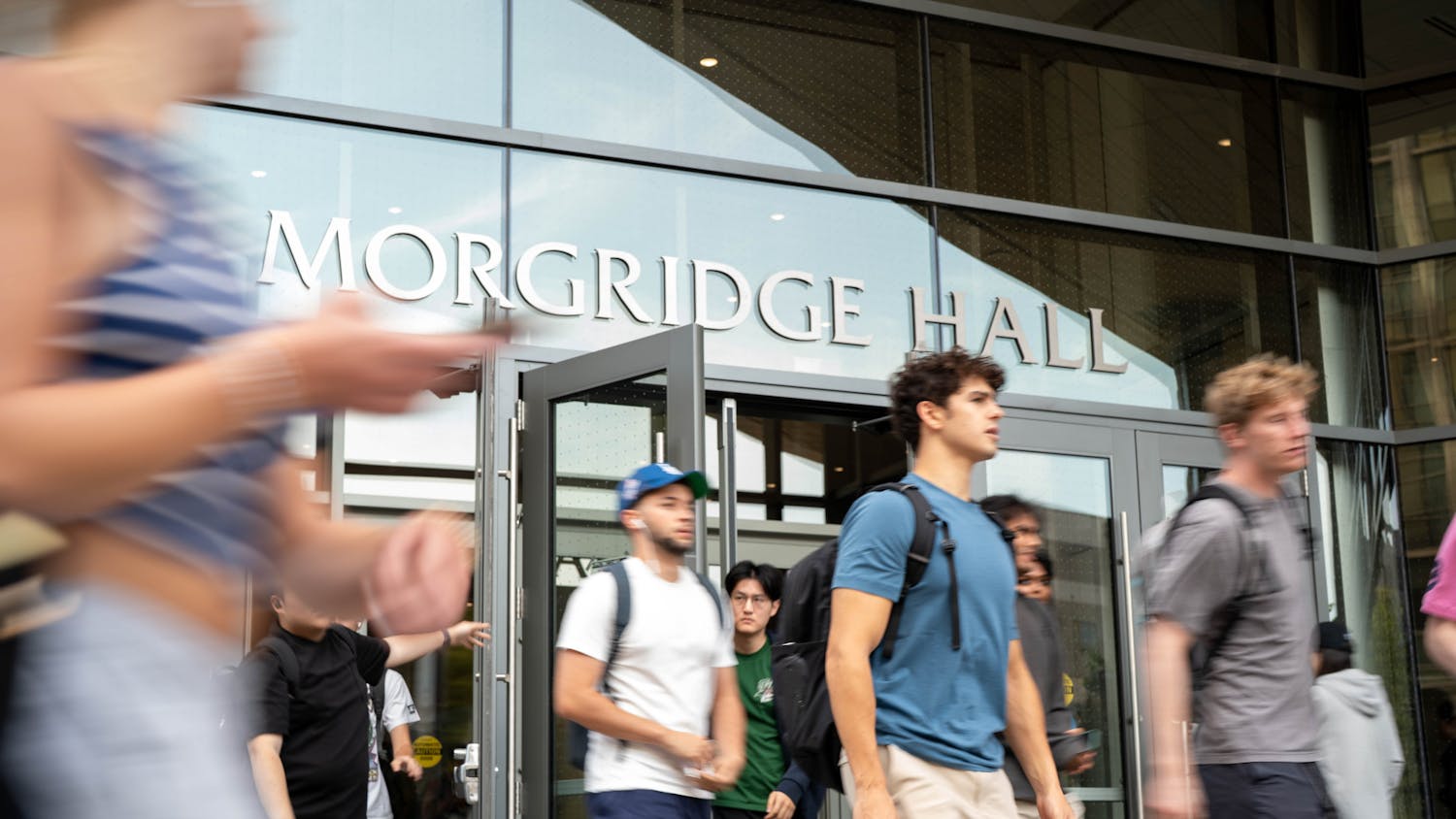The Wisconsin Innocence Project recently received part of a federal grant to study the Wisconsin prison system to potentially free wrongly convicted prisoners.
The nonprofit organization operates through the UW-Madison Law School. Keith Findley, a clinical law professor at UW-Madison who is involved with WIP, said the federal government is providing the $647,000 grant because it has ""recognized how important it is to make sure that we only have guilty people in prison and has recognized the ability of DNA evidence to exonerate convicted people.""
The primary goal of the grant is to identify convicted individuals in Wisconsin who may benefit from new DNA testing technology and to attempt to exonerate them if new evidence points to innocence.
WIP says it has exonerated nine people since its creation in 1998.
The National Institute of Justice, a branch of the U.S. Department of Justice, awarded the grant. The majority of the grant money will go to WIP, with some going to the Office of Justice Assistance and the State Crime Laboratory to cover the costs of DNA testing that result from WIP's work.
""Our office is committed to not only helping law enforcement, but to improving the overall justice system,"" OJA spokesperson Tami Jackson said. ""I think [the project] is a positive way to see where we are in terms of wrongfully convicting folks or how well the system is working.""





